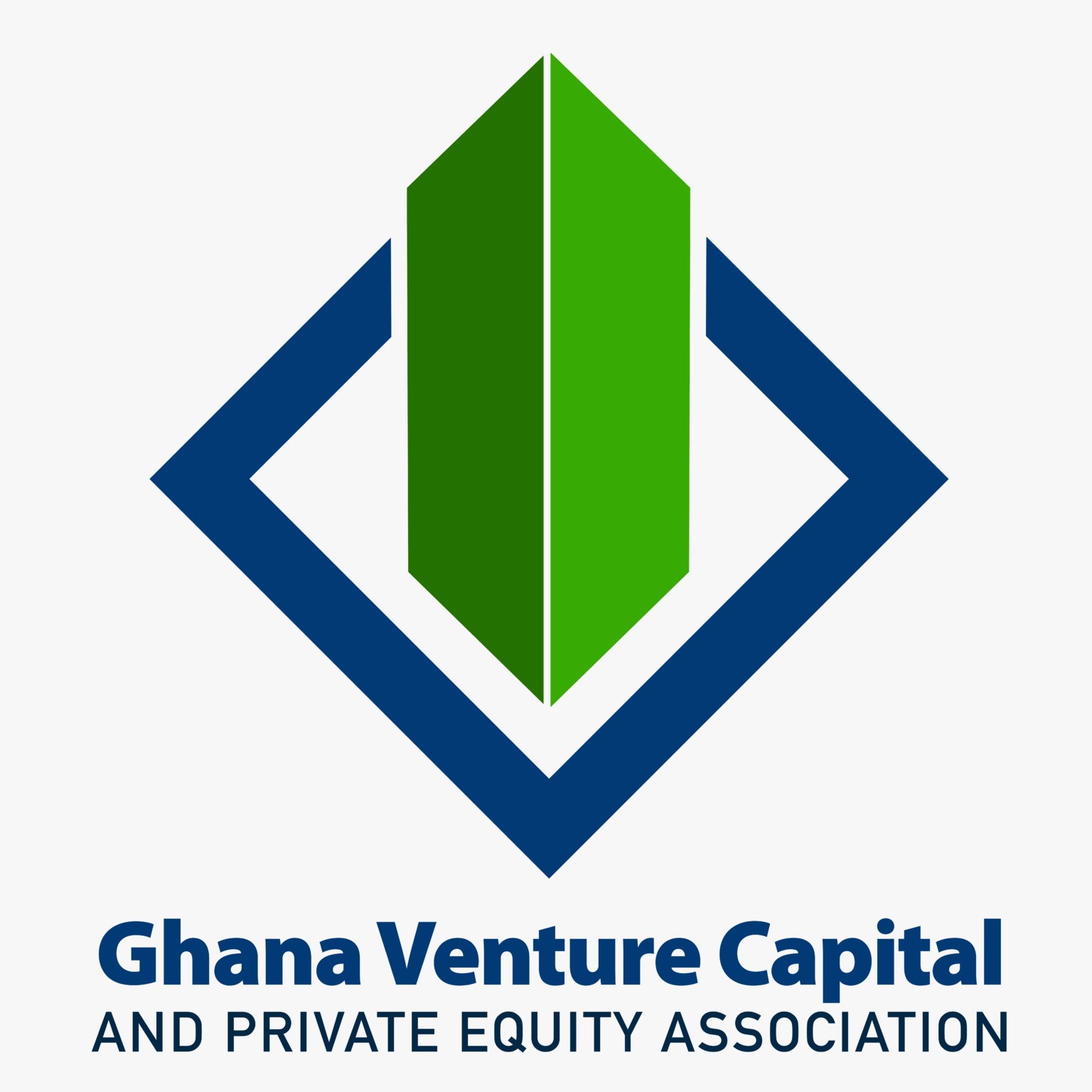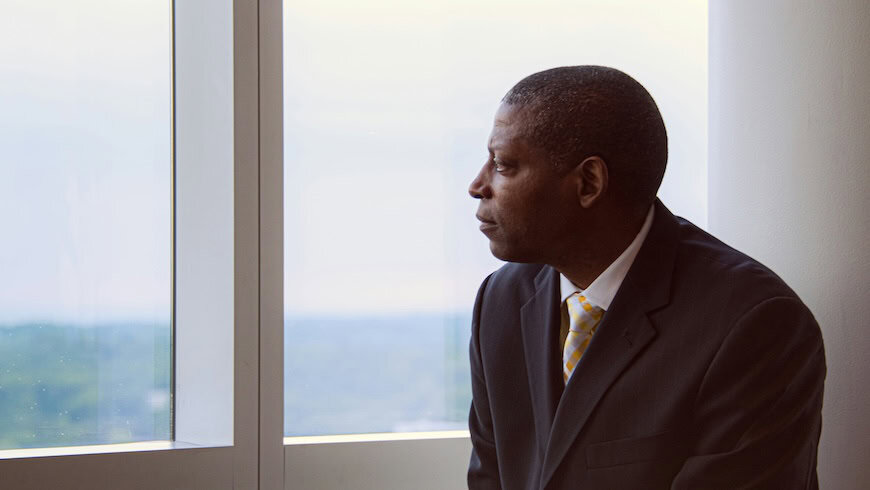Ghana’s startup ecosystem — like that of many African countries — is growing rapidly. But this growth is not being powered by local capital. In 2024, Ghanaian tech startups raised over $127 million in venture capital across 31 deals involving equity, debt and grants — a remarkable 95% increase in deal volume compared to 2023 — making the country one of Africa’s top five destinations for startup investment. Sectors such as fintech, agriculture, healthtech and logistics continue to attract both regional and global attention, creating jobs and building services that are scaling across borders. Yet in Ghana and across the continent, this growth is almost entirely funded by foreign capital.
However, recent events have proven that over-reliance on foreign capital is not sustainable, especially as global aid and development funding dwindles. With 80% of Africa’s venture and private equity funding coming from international investors, there is growing concern about the continent’s vulnerability to external shocks — a concern that clearly applies to countries like Ghana. The country, and the continent, cannot afford to remain this exposed while trying to build a self-sustaining, innovation-driven economy — and they don’t have to.
Tapping Pension Funds as a Source of Venture Capital
Ghana’s pension funds, which manage over $7.6 billion in assets, are one of the country’s largest untapped sources of capital for venture growth, according to the “State of Venture Capital and Private Equity in Ghana“ report. Yet less than 1% of pension assets are being used to support these companies. The local capital is there, but it’s not being allocated. If just 5% of local pension fund assets under management were mobilized and deployed into venture capital and private equity, it would inject over $380 million into the nation’s highest-growth businesses — an infusion powerful enough to triple Ghana’s annual SME financing and fuel the next wave of innovation.
Globally, pension funds have been leveraged to drive private capital ecosystem building, business innovation and job creation. African nations are increasingly adopting similar strategies. For example in Kenya, the Kenya Pension Funds Investment Consortium, established in 2020, has mobilized $113 million from 24 member pension funds managing over $5 billion in assets. These funds are being directed toward infrastructure projects, including affordable housing and road development, in line with national development priorities.
However, the reasons pension funds aren’t allocating capital to venture capital or private equity investments vary by market, ranging from policy or regulatory barriers to perceived risk and lack of technical skill. In my work leading the Ghana Venture Capital and Private Equity Association (GVCA), I’ve engaged with investors across the region, and I’ve seen that regulatory uncertainty and limited internal technical capacity are key hurdles for them, compounded by structural inertia. Investment committees tend to favor asset classes that they already understand and that are more liquid — mostly government bonds and listed equities — rather than exploring new avenues with long-term upside.
Tackling the Barriers to Alternative Investment by African Pension Funds
These hurdles can be overcome, however, with the right mix of policy, partnerships, people and proof points. Despite the challenges across the region, African funds like Ingressive Capital and the entrepreneurs behind billion dollar companies like Flutterwave, Paystack, Moniepoint and Andela have demonstrated the potential for financial returns from successfully managed funds and ventures. These rockstar businesses and investments serve as demonstration cases that show how startup investing in Africa can generate financial returns to investors based on strong leadership and strong value propositions. With this growing number of profitable opportunities across the local African market, many pension fund managers will find it easier to broaden their portfolios to include more private capital investments.
The good news is the continent is not starting from scratch. There are many examples of African ecosystem builders tackling some of the aforementioned barriers head-on through risk-sharing mechanisms, tax and regulatory reforms, pension industry pledges, and the establishment of co-investment vehicles to unlock local institutional capital.
For example, industry bodies like GVCA are already addressing policy roadblocks, advocating for regulatory clarity, and helping pension funds and other institutional asset allocators better understand and tap into more diversified, locally domiciled venture and private equity funds in Ghanaian cedis — not just American dollars. By partnering more closely with institutional investors like pension funds, development finance institutions (DFIs) and foundations — as well as with regulatory and government agencies — the venture capital and private equity industry in Ghana is expecting to see more blended capital vehicles, and catalytic or guarantee-backed funds tailored to meet the demands of the local context. Through the strategic communications work of associations like GVCA, venture capital and private equity industry practitioners can participate in advocacy efforts with regulatory and policy stakeholders that can unlock domestic capital through institutional asset allocators. For example, take the pensions and insurance sectors: With the right regulatory clarity, technical assistance, capacity building, blended finance models and first-loss solutions, Ghana’s insurance firms and pension funds could fuel a wave of local investment in high-tech and high-growth businesses across sectors like fintech, health, logistics, locally produced consumer goods, creative industries, agribusiness, AI and renewable energy.
Additionally, there are options for co-investing in funds of funds and private equity-grade investment vehicles like Impact Investing Ghana and Savanna Impact Advisory’s Ci-Gaba blended finance fund of funds. This is one of the approaches that can be structured to reduce institutional investors’ exposure to risk, while enabling them to back viable private equity or venture capital investment vehicles — and the business models most able to generate long-term financial returns. These approaches, and others like them, can be leveraged to channel essential funding to startups not only in Ghana, but across the continent.
Redefining What Kind of Growth Africa Needs
Beyond unlocking capital, boosting alternative investment allocations from institutional asset allocators is also about redefining what kind of growth Africa needs. Increasing their focus on providing private capital to African companies can enable these investors to steer clear of over-concentrated investments in government bonds or extractive sectors that damage the environment. These investments can also help reduce local economies’ over-dependence on imported goods and foreign currency. To truly drive private sector development growth, investments need to be smart and fair, fundamentally helping local people, protecting the environment, and using innovation to make life better for the unserved or underserved mass market consumer. That means backing essential sectors and infrastructure development with longer-term, local currency investment to deliver value through food, health, financial services and clean energy, while making businesses more inclusive and energy- and tech-efficient — for instance, by helping them switch from diesel to solar, or helping small retailers digitize.
We have already seen what this looks like in practice. Alitheia Capital, an African gender-lens fund known for delivering both strong financial returns and social impact, invested in a factory now powering homes with clean energy, and a bank it helped expand into 20 states, enabling consumers to get local loans. These investments helped show how progress toward the Sustainable Development Goals can be made through commerce, business and finance, contrary to the dominant narrative in which development depends on traditional aid and philanthropy.
Philanthropy, DFIs and donor funding have played a critical role in promoting alternative asset investing and building catalytic blended capital solutions, generating more support for local market-building activities focused on developing domestic resilience, strengthening private capital investment ecosystems, and facilitating SME investment readiness. But as global aid shrinks and donor priorities shift, the role of regional and local associations like Africa Impact Investing Group, The African Private Capital Association and GVCA will become even more crucial. They will need to play a key role in areas ranging from developing SME pipelines and backing fund managers, to building the talent pool of venture professionals and co-creating investable private equity-grade structures. When technical assistance, policy advocacy and risk-sharing come together, local institutional investors are far more likely to allocate to new, high-growth sectors.
What’s missing isn’t capital or demand — it’s a coordinated push to make this kind of smart, catalytic investing the new default.
The Mobilization of Local Private Capital
Much of Africa faces deep-rooted financial constraints: a shortage of long-term patient capital, high commercial lending rates, elevated non-performing loans, and an over-reliance on foreign venture capital. Without decisive action, the continent risks becoming a bystander in its own growth story — watching from the sidelines as others shape its economic future. Private equity and venture capital aren’t just vehicles for profit; when deployed strategically, they can drive meaningful social outcomes. By partnering with governments, corporations and civil society, these funds can scale education innovations, expand healthcare access, create quality jobs and deliver essential services — all while generating strong financial returns.
To change this trajectory, policymakers, regulators and fund managers must act boldly and urgently. The pension industry sits at a crossroads: It can either continue to concentrate capital in government securities, or pivot toward a more diversified strategy — one that channels domestic capital into the high-growth ventures powering tomorrow’s economy. In a world increasingly defined by geopolitical uncertainty, now is the time for Africa to assert greater economic sovereignty. That means ensuring that domestic investors — not just foreign capital — play a bold leading role in designing, building and benefiting from the continent’s private sector development and growth.
Source: Next Billion

